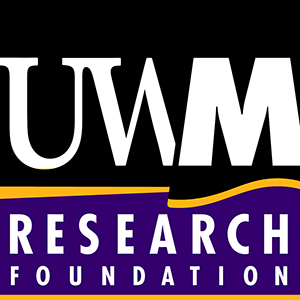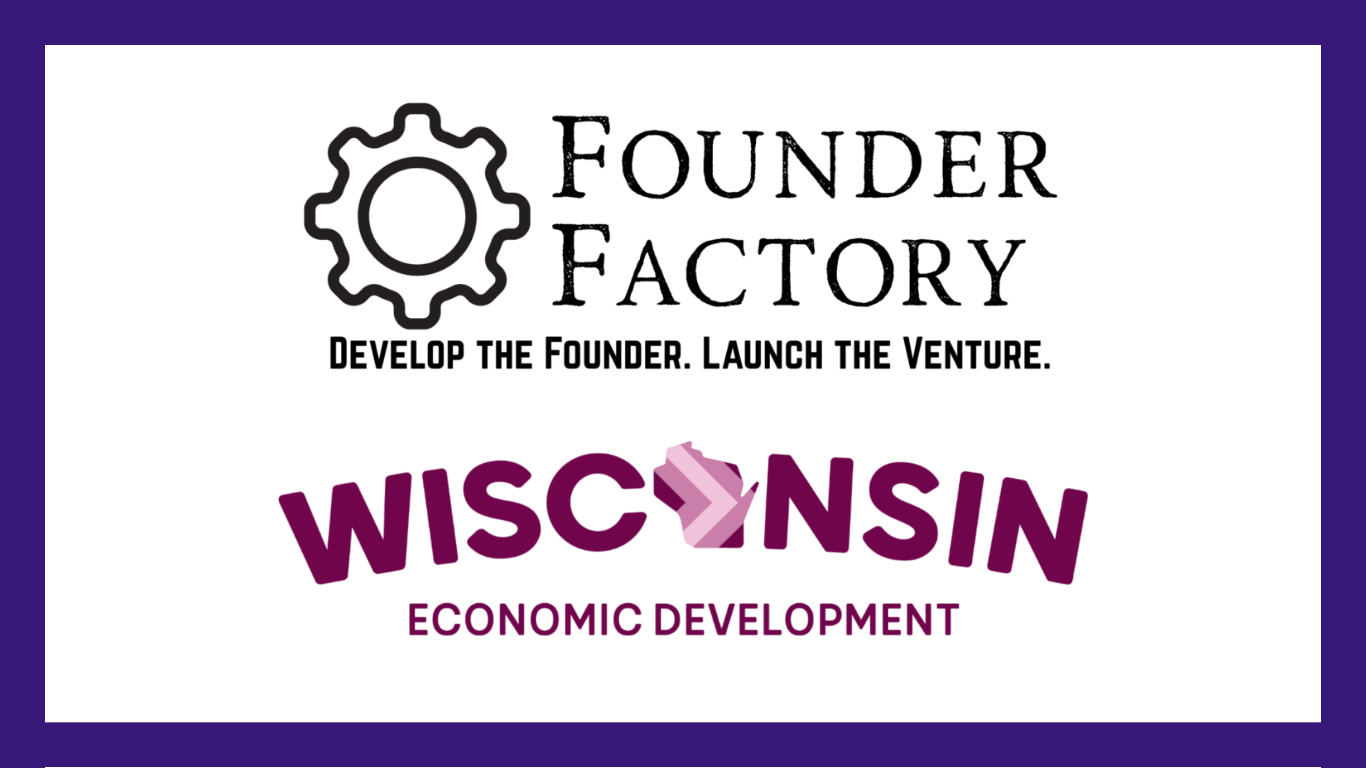Four UWM Startups Earn Strategic Funding to Advance Technologies
Since 2021, the UWMRF Bridge Grant program has helped high-potential startups overcome early funding gaps—and accelerate toward growth.
Thanks to community partners, we’ve awarded $550,000 across 14 startups, fueling innovation across sectors.
The results speak for themselves: Our first 10 grantees have already secured $18M in follow-on funding and created 24 new jobs.
Now, we’re thrilled to introduce our newest awardees—four startups tackling challenges in women’s health, drone components, assistive robotics, and cancer treatment.
Congratulations to our 2025 winners!
Special thanks to the Wisconsin Economic Development Corporation’s Capital Catalyst grant, Dennis and Sue Webb, and Chris and Karl Fiasca for their support.
RoboHeal Innovations
Dr. Habib Rahman
Richard & Joanne Grigg Professor, Mechanical Engineering
Director, BioRobotics Lab
RoboHeal Innovations is helping powered wheelchair users regain independence with its robotic assistive arm (mR2A), designed to support daily tasks like eating and opening doors. Developed at UWM’s BioRobotics Lab, the mR2A uses intuitive controls such as eye-gaze and chin joysticks.
Bridge Grant funding will support go-to-market planning, distributor partnerships, and regulatory strategy—positioning the company for future investment and commercialization.

SynXT Therapeutics
Dr. Xiaohua Peng, Professor of Chemistry & Biochemistry
Dr. Taufeeque Ali, PhD Graduate, Chemistry
SynXT Therapeutics is developing a novel cancer therapy that combines ROS-activated prodrugs with high-dose vitamin C to selectively destroy cancer cells while sparing healthy tissue. These smart drugs stay inactive until they detect high levels of harmful oxygen compounds—common in damaged or cancerous tissues—where they become active and start working. In preclinical models of triple-negative breast cancer, the approach has shown complete tumor regression.
With Bridge Grant support, SynXT will generate pivotal safety and efficacy data in advanced animal models and continue advancing a low-toxicity alternative to chemotherapy.


Intelligent Composites
Dr. Pradeep Rohatgi
Distinguished Professor of Materials Science & Engineering
Intelligent Composites is improving drone engine performance with ultra-light, high-strength, self-lubricating aluminum composites. Their cylinder liners with self-lubricating capability—just one-third the weight of iron—boost fuel efficiency, reduce oil consumption, reduce emissions, and extend range. Following successful testing and strong industry interest, the company is now developing advanced liners for compressors, small engines, and generators, in addition to drones.
With Bridge Grant support, they will accelerate testing and secure production contracts to meet growing demand for U.S.-sourced drone components.

Estrigenix Therapeutics
Dr. Karyn Frick
Distinguished Professor of Psychology
Estrigenix Therapeutics is developing innovative treatments for menopause symptoms—hot flashes, memory loss, and bone decline—without the cancer and stroke risks of traditional hormone therapies. Their lead compounds target estrogen receptor beta, a protein associated with the benefits of estrogens and not their harmful side effects.
With Bridge Grant funding, Estrigenix will generate essential data on bone density and blood clotting to meet investor requirements and move toward FDA approval. The company plans to license its technology following early clinical trials.




